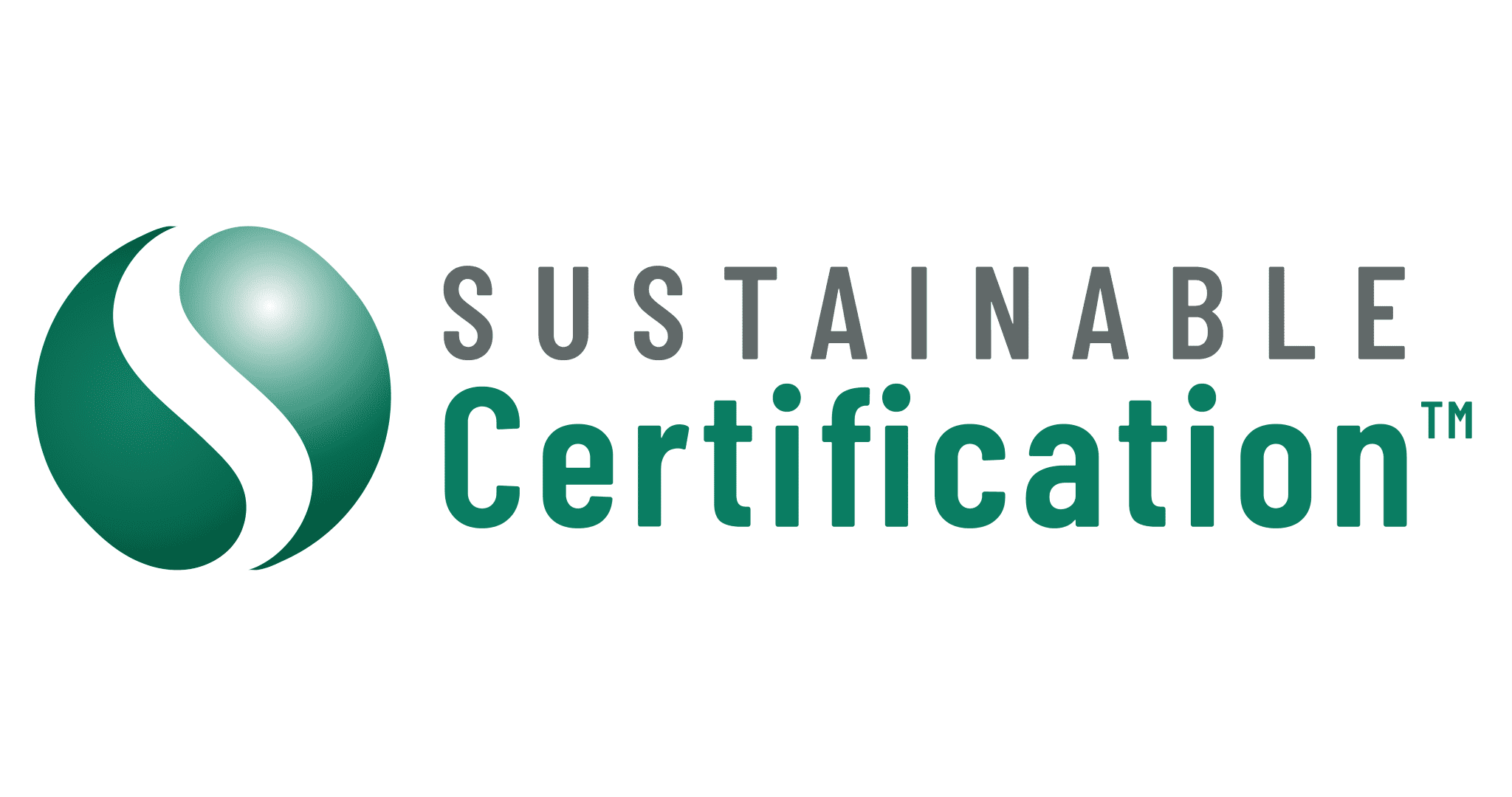In an ever-competitive business landscape, organizations strive relentlessly to improve quality management systems and enhance customer satisfaction. Integral to such aspirations is the prestigious ISO 9001 Quality Management Certification, a beacon of excellence for companies around the globe. The attainment of this certification signals not just a commitment to quality, but embodies a multifaceted array of ISO 9001 certification benefits that propel a business forward.
Embracing the ISO 9001 standard offers a systematic approach to fine-tuning operations, engendering a culture of continuous improvement that’s visible to customers and stakeholders alike. From streamlined processes to the fostering of customer trust, the impact of the certification on a company’s credibility and competitive edge is profound. Businesses enabled by ISO 9001 not only meet, but often exceed expectations, establishing a reputation for reliability and superior service in their respective industries.
Understanding the Fundamentals of ISO 9001
The ISO 9001 certification process hinges on a thorough grasp of the fundamental quality management principles that underpin the entire system. Seven core principles constitute the bedrock upon which ISO 9001 stands. They range from customer focus, which steers the direction of quality management efforts, to leadership that creates alignment and purpose, engagement of people ensuring that all levels of the organization contribute to its effectiveness, and the process approach that optimizes performance through managed processes.
Continuous improvement is another vital element as it fosters an ongoing pursuit of excellence. Coupled with that is evidence-based decision making, a principle that ensures decisions are made on the analysis of data. Last but not least is relationship management since it involves collaborating with stakeholders to optimize performance. These principles are interlinked, each one augmenting the others in the pursuit of a robust quality management system that the ISO 9001 requirements aim to facilitate.
| Quality Management Principle | Key Focus Area | ISO 9001 Contributions |
|---|---|---|
| Customer Focus | Understanding and meeting customer needs | Increase customer satisfaction and loyalty |
| Leadership | Establishing vision and direction | Provide purpose and alignment of strategies |
| Engagement of People | Valuing and empowering personnel | Enhance involvement and competence |
| Process Approach | Managing activities as processes | Improve efficiency and effectiveness |
| Improvement | Continual enhancement of the QMS | Achieve sustained success through agility |
| Evidence-based Decision Making | Making informed choices | Facilitate fact-based and knowledgeable decisions |
| Relationship Management | Building and nurturing partnerships | Strengthen networks that enhance performance |
In essence, the ISO 9001 requirements are designed to be adaptable across various industries and organizational sizes, making the certification attainable and advantageous for all types of businesses seeking to validate their commitment to quality.
Steps to Attain ISO 9001 Quality Management Certification
The journey to achieve ISO 9001 certification requires a structured approach, from grasping the intricacies of the standard to ensuring your organization is fully aligned with its principles. Here, we offer a detailed roadmap for businesses aspiring to implement a quality management system and successfully pass the ISO 9001 audit.
| Step | Action Item | Description |
|---|---|---|
| 1 | Understand ISO 9001 Requirements | Review the standard to gain a clear understanding of its requirements and how they apply to your business processes. |
| 2 | Gap Analysis | Evaluate current practices against ISO 9001 standards to identify areas that require improvement. |
| 3 | Plan for Quality Management System Implementation | Develop a project plan that outlines the tasks, timelines, resources, and responsibilities necessary for QMS implementation. |
| 4 | Documentation | Document procedures, policies, and records that demonstrate the functioning of your QMS in accordance with ISO 9001. |
| 5 | Employee Training | Ensure that all staff understand their role within the QMS and are trained on relevant procedures and changes. |
| 6 | Internal Audit | Conduct an internal audit to assess the QMS’s effectiveness and readiness for the certification audit. |
| 7 | Management Review | Hold a management review meeting to discuss audit findings and ensure top-level management commitment to QMS effectiveness. |
| 8 | Choose a Certification Body | Select a reputable and accredited certification body to perform the official ISO 9001 audit. |
| 9 | External Audit | Cooperate with auditors as they review your QMS for conformity to ISO 9001 standards and suggest possible improvements. |
| 10 | Address Non-Conformities | Resolve any identified non-conformities before receiving certification. |
| 11 | Certification | Upon passing the external audit, receive your ISO 9001 certification. |
| 12 | Continual Improvement | Engage in continuous improvement to maintain compliance and enhance your QMS, preparing for recertification audits in the future. |
Conclusion
In reflecting on the value that ISO 9001 Quality Management Certification brings to the table, it becomes evident that the strategic advantages are manifold. By aligning with the rigorous standards of ISO 9001, organizations not only elevate their operational methods but also foster a culture of excellence that directly translates to heightened customer satisfaction. The certificate acts not just as a badge of honor but as a tangible testament to a company’s unwavering commitment to quality, offering substantial benefits of ISO 9001 that permeate every facet of the organization’s operations.
The endeavors towards improving business with ISO 9001 shape a pathway for companies to scrutinize and refine their practices systematically. As businesses arm themselves with this reputable certification, they gain a competitive edge in the market that invokes trust and reliability. The certification’s impact on a company’s reputation is profound, instilling confidence among current and potential clients who recognize the ISO 9001 mark as a symbol of superior service and management.
Yet, it is the ongoing journey of maintaining ISO 9001 certification that truly encapsulates the essence of continual development and adaptation. Upholding the standards set by ISO 9001 necessitates an enduring commitment to excellence, with a proactive approach to evolving customer needs and industry innovations. It is this sustained dedication to quality and improvement that ensures businesses not only reach but remain at the pinnacle of their market relevance and operational integrity.

